It is now the beginning of Shawwal, an Arabic month that indicates the end of the holy month of Ramadan. For the past month many of our brothers and sisters who are followers of Islam have been fasting during the holy month of Ramadan. The holy month of Ramadan is the ninth month of the Islamic lunar calendar, which has 10 to 11 fewer days than the Gregorian calendar, so the month moves in comparison to the calendar we traditionally use.
During Ramadan followers abstain from eating and drinking during daylight hours. In my former job, ELL assistant at a middle school in St Louis, we had many Muslim students, and for those years Ramadan fell at least partially during the school year. At lunch students would come up to our room in order to not sit in the cafeteria while everyone else ate. But when Eid Al-Fitr approached, everyone got excited, because Ramadan would soon be over, and the students would get excited because Eid meant presents! Many children receive presents for Eid, and families visit one another, and there is much celebrating.
I choose to share this today, as a youth minister working in a United Methodist church, because American culture at large does not know much about Muslim culture or traditions. While I am still learning as much as I can, I thought I’d share with you some of what I learned from my Muslim students.
1. God is Everywhere, even in our words.
We know this, as Christians, but sometimes we don’t live it out. One of the things I love about the Arabic language is how incorporated Allah (the word for God) is into the language. When listening to parents talk to children, or other adults, in Arabic one can pick out Allah in so many phrases, from greetings, to hopes for the future, to a simple “I don’t know” (loosely translated as Allah Knows Best). We still do this to an extent, with phrases like “God willing” or “God’s peace be with you” or even “God bless you” after a sneeze. But often we remove God even from our phrases, which one could say is symptomatic of removing God from our lives as well.
2. Family is Valuable, even if it is family you create.
I know my cousins, they are nice people, and I see them about once a year, if I’m lucky, but mostly we are facebook friends. But outside of my parents and maternal grandmother, I don’t have close relationships with my family. We had students who couldn’t even explain how they were related, but knew that they were family. And family meant something. Family means making sure other family in Palestine is safe, or can get out and get to America, even if it means paying for it yourself. Family meant raising strong girls, even when culture stereotypes Muslims for gender bias. Family means answering the phone call requesting you to pick up your nephew when he’s been suspended, for the third time, and choosing to come anyway even when it means you have to miss work. It means translating for your mother at the school board office at the age of 10, because learning English is hard for her, but its easier for a 10-year-old. It also means bringing others in, those who you share a faith with and those outside. I remember my first Eid present, from a 7th grade boy who told me that it was because I was his “mom-friend”, which was the only word he could come up with to describe our relationship, as I was like another mom, and I was more than a friend, so “mom-friend” became an honorary title. Family is vital, even if you are like me, and sometimes have to create your own family.
3. Life is too short for bad food!
There are not enough words to describe my love for international food. Twice a year in our classroom we would have what we called “bring food from your home country” day. On this day our normal linoleum floored, beige walled classroom was transformed into a place of more smells and flavors than you could take in all at once. And let me tell you, from tabouleh, hummus, baklava, to haresa the middle eastern culture offers some of the best food. Haresa is my personal favorite, it’s a semolina cake, think the sweetest corn bread you’ve ever had, pull it hot out of the oven and then pour syrup all over it so it absorbs all of the goodness. One year at a Festival of Nations one of our students came over to my station, with a pan and a fork, it took me a minute to realize his mother had sent him over with all of the cake that was stuck to the bottom of the pan, for me to eat the left overs, because she knew it was my favorite.
Good food almost always goes with good company and I have shared many wonderful conversations with my Muslim brothers and sisters over meals. These were the places where we discussed issues surrounding the Palestinian/Israeli conflict, learned phrases in each other’s languages, laughed at jokes, and talked about common stories in our religious texts (Ibrahem/Abraham, Musa/Moses, etc). Always share good food with good people.
Overall my experiences with my muslim students were vital to my own faith formation, as they asked questions about my faith and I was able to ask questions about theirs. We learned we aren’t so far apart, and that we care for each other very much in the same ways. I miss my students, and I pray they are well, and that the blessings of Allah be upon them and their families on this Eid Al-Fitr.
So if you see any of your Muslim brothers and sisters today, go ahead and wish them “Eid Mubarak” and let’s share together in this time of celebration.
 This photo was taken on “hat day” at our middle school, when a few of our students decided to try the Hijab (head covering) that one of their friends chose to wear all of the time. It was an interesting experience, although I’ll stick to french braids!
This photo was taken on “hat day” at our middle school, when a few of our students decided to try the Hijab (head covering) that one of their friends chose to wear all of the time. It was an interesting experience, although I’ll stick to french braids!
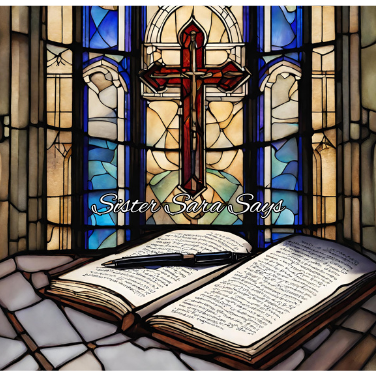
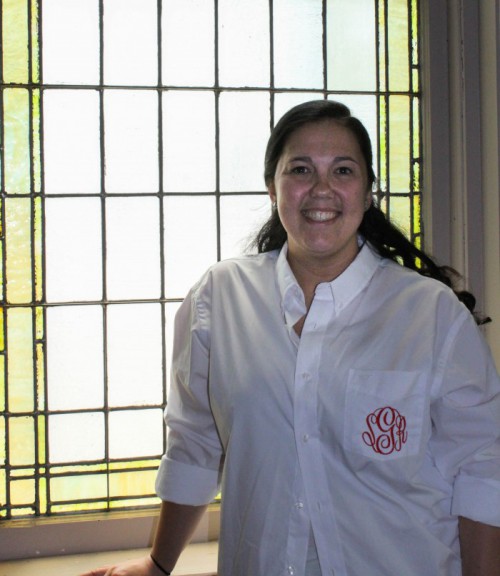
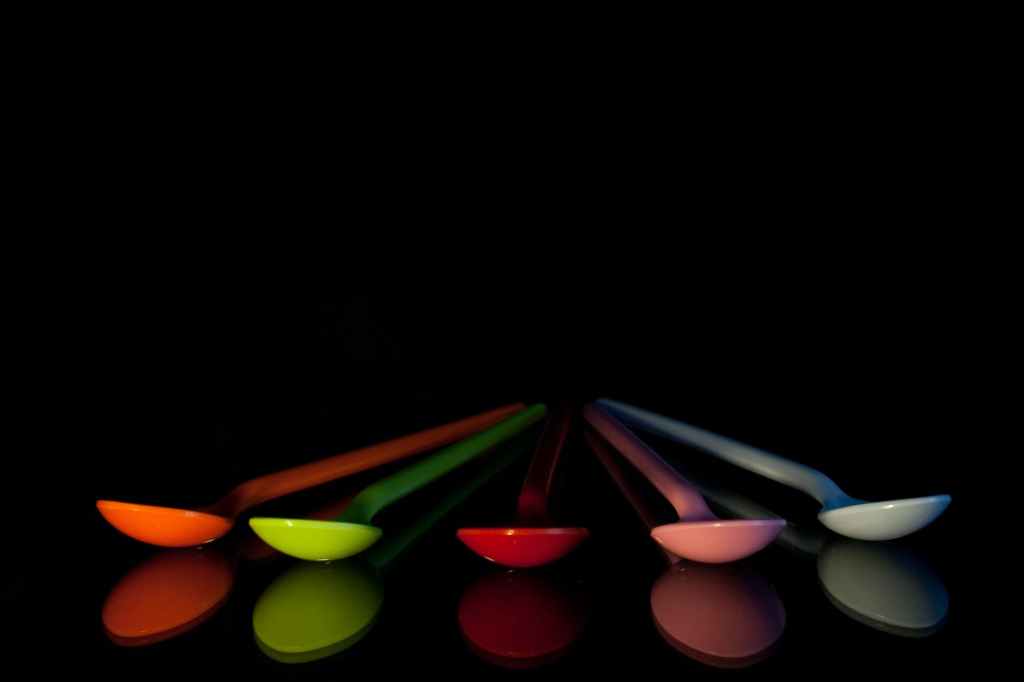
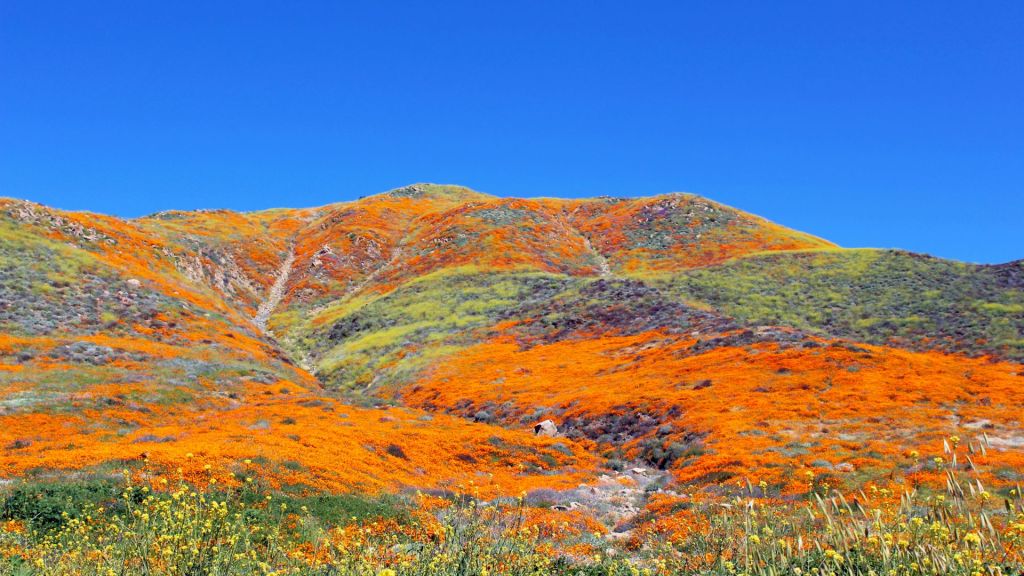
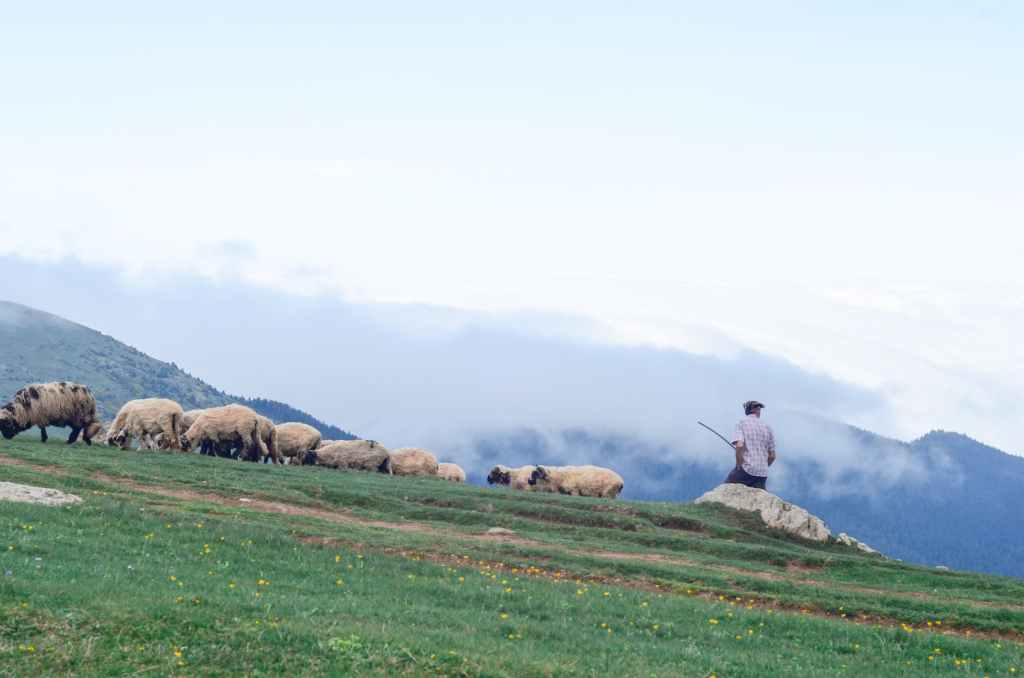
Leave a comment